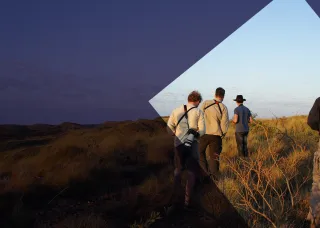
Research impact
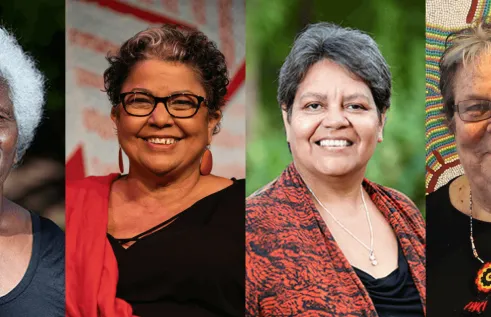
Meet CDU's Indigenous female Trailblazers
From its very foundations, Indigenous women have contributed to making this University what it is today – they have inspired, driven change and shown pathways for staff and students, and we proudly acknowledge them all. Read the inspiring stories of eight such amazing Aboriginal and Torres Strait Islander women who walked ahead, but always together.
Read more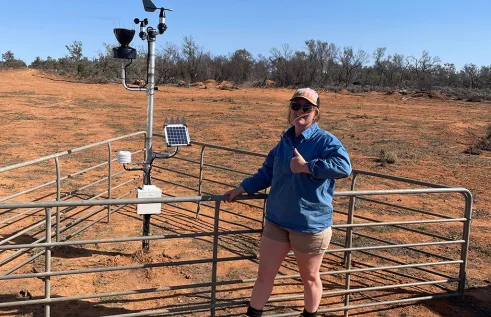
Following the flock: Samantha’s research could revolutionise water point placement
When Samantha first moved to South Australia's harsh outback, she was confronted by what she saw.
"Having recently moved to arid pastoral South Australia, I was struck by the hot, dry climatic conditions," she says. "I found myself questioning what made these landscapes so resilient, how livestock production could thrive in such conditions and whether this relationship was truly sustainable."
Read more about Following the flock: Samantha’s research could revolutionise water point placement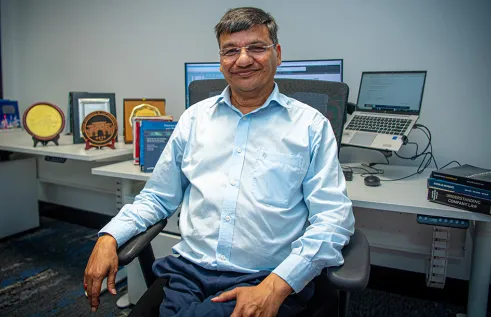
From a desk in Darwin to global impact: Dr Rakesh Gupta leads research on market integration and economic connectivity
Dr Rakesh Gupta’s desk at Charles Darwin University is rather unremarkable to look at. However, it’s from this desk that Dr Gupta has grown to become a world-recognised authority in analysing global markets.
Read more about From a desk in Darwin to global impact: Dr Rakesh Gupta leads research on market integration and economic connectivity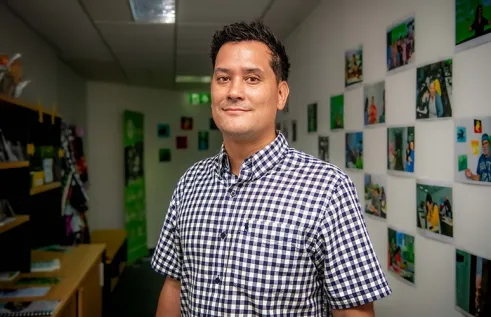
How language can help refugees to settle into their new home
Refugees have much to learn when arriving in a new country. CDU researcher and PhD candidate Johnny Howard believes that if we understand how refugees use new languages, we can enhance the resettlement experience and help them feel at home.
Read more about How language can help refugees to settle into their new home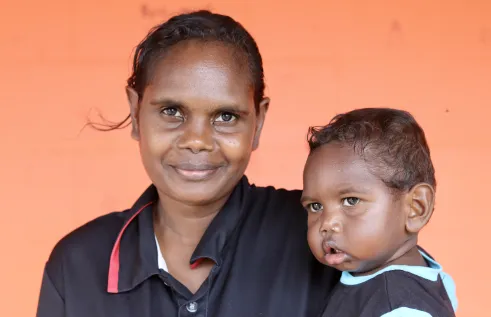
How can we better support First Nations parents in remote communities?
Lexie Gregory's career has centred around supporting parents and families in remote communities, making Charles Darwin University the perfect place to start a Higher Degree by Research. She wants to ensure that parenting programs integrate First Nations worldviews into their design.
Read more about How can we better support First Nations parents in remote communities?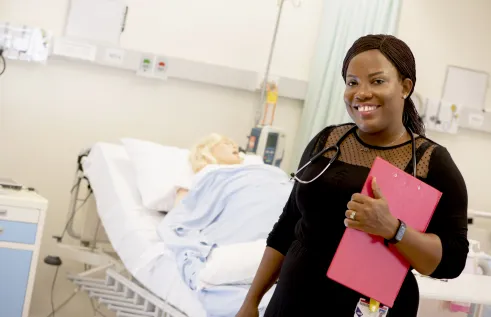
Are midwives the global key to life-saving preeclampsia care?
After tragically losing a friend to preeclampsia, Dr Isabella Garti is now working to improve the quality of care for those who develop this dangerous pregnancy complication. She's pursuing a Higher Degree by Research at CDU, supported by world-leading midwifery researchers.
Read more about Are midwives the global key to life-saving preeclampsia care?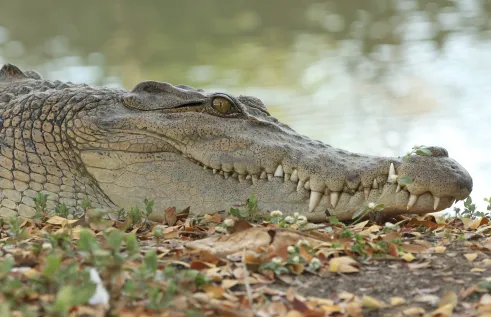
How can we keep humans and crocodiles safe from each other?
Reports of saltwater crocodile attacks on humans have increased dramatically over the past decade, particularly in Indonesia and Malaysia. One CDU Higher Degree by Research student is currently working on reducing the number of attacks without negatively impacting crocodile populations.
Read more about How can we keep humans and crocodiles safe from each other?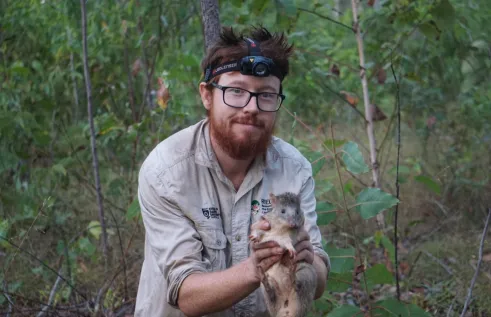
Fighting to save our small native mammals
Native small mammals have been disappearing across Northern Australia. Charles Darwin University researcher Alex Carey wants to make sure these creatures survive and thrive well into the future.
Read more about Fighting to save our small native mammals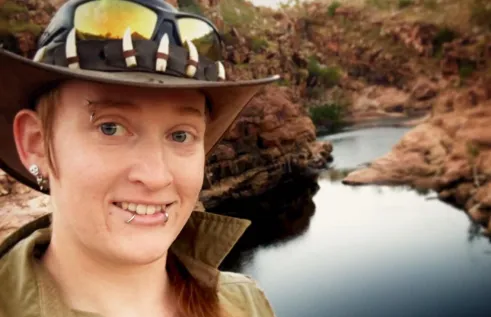
How will Top End geckos cope with climate change?
With the increasing frequency and severity of heatwaves, how will some of our scalier friends cope with looming changes to their habitats? Crocodile researcher Kade Skelton has swapped the prehistoric predators for a littler lizard in order to find out.
Read more about How will Top End geckos cope with climate change?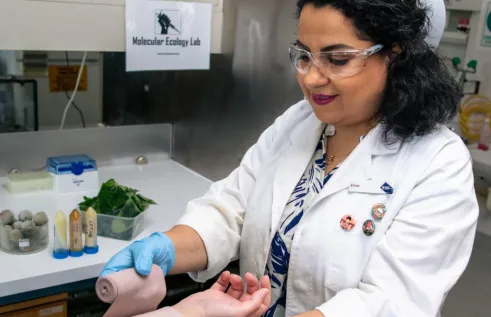
Healing wounds with native Top End plants
Dr Elnaz Saki has always been interested in natural remedies even when they lack scientific confirmation. Eager to bridge the gap between traditional wisdom and modern science, she's harnessing the power of plants found in Top End parks and gardens.
Read more about Healing wounds with native Top End plants